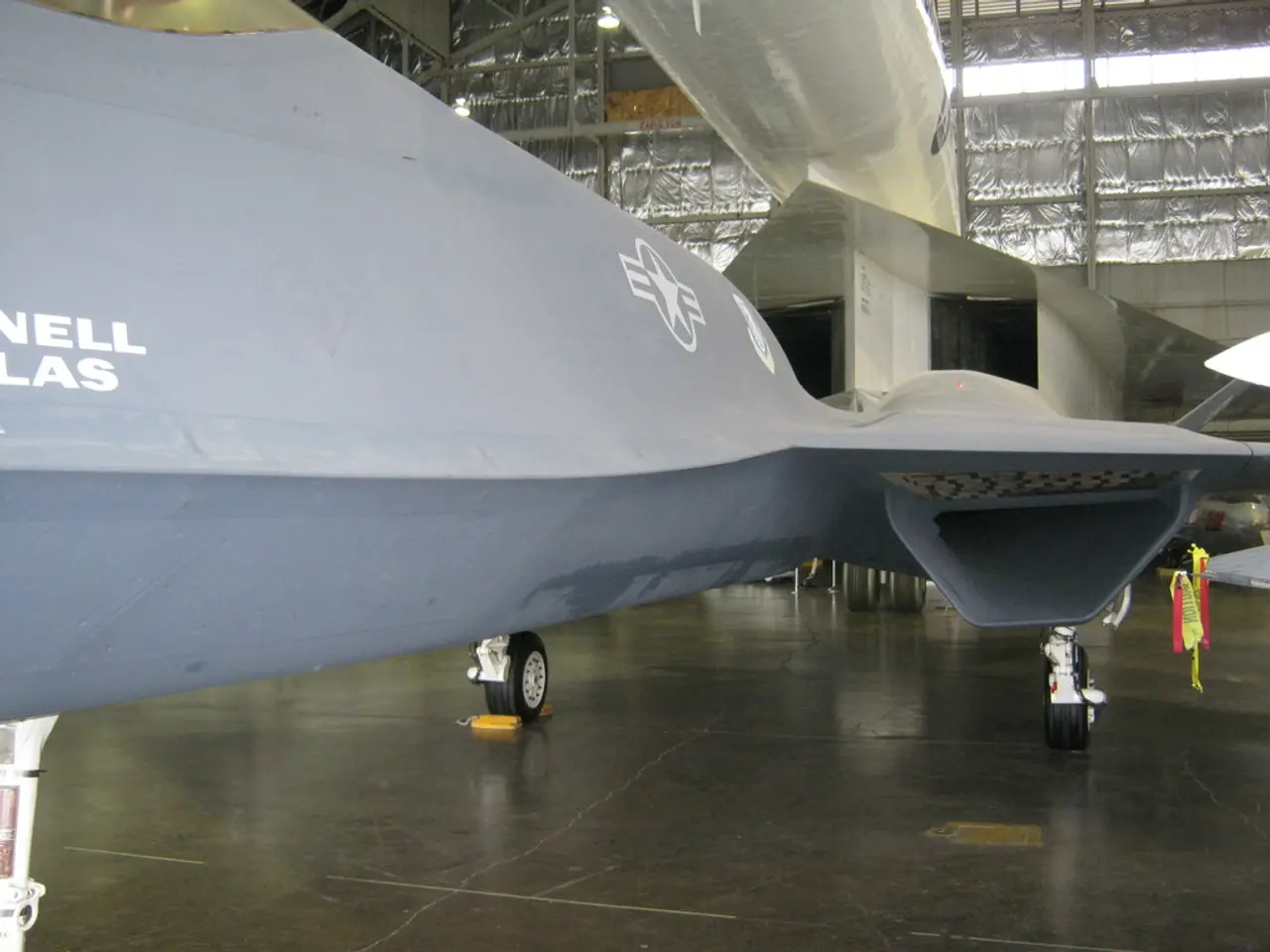Latest Update on Jeju Air Plane Crash
The ongoing investigation into the tragic crash of Jeju Air Flight 2216 on July 19, 2025, has reached a significant milestone. The preliminary findings suggest that the crash was triggered by a catastrophic loss of power due to a pilot error and a bird strike that severely damaged the aircraft's right-hand engine.
According to the interim investigation report, the crew mistakenly shut down the functional left engine instead of the damaged right one. This mistake led to a dual-engine failure, causing the aircraft to lose power and hydraulic systems, which control essential flight surfaces.
The evidence supporting this conclusion is robust and includes data from the Cockpit Voice Recorder (CVR) and Flight Data Recorder (FDR), physical evidence from the wreckage, and examination of the engines. The CVR and FDR data showed one pilot verbally instructing the shutdown of engine number two (right engine), but data indicated engine one (left engine) was shut down in reality. Examination of the engines found the right engine was severely damaged by bird strikes, while the left engine remained operational prior to being shut down.
Moreover, the pilots activated the fire extinguisher system for the left engine, effectively disabling any possibility of reactivation mid-flight. The crash involved the plane losing both engines and impacting terrain with landing gear retracted, leading to a fiery crash landing.
Despite these findings, families of the victims and pilots have expressed concerns about the investigation's transparency. They have demanded full access to all data, including the cockpit voice recordings, fearing premature conclusions blaming pilot error without full context. The South Korean Ministry even withdrew copies of the preliminary report from families and cancelled public briefings amid tensions.
However, the investigation team states that their conclusions are robust and will not change. The final official report has not yet been publicly released and remains under scrutiny. The primary cause of the crash is linked to pilot error compounded by the critical bird strike damaging the right engine.
In response to the crash, South Korea has announced plans to change the concrete barriers used for navigation at nine airports across the country and modify the runway safety areas at seven airports. These changes aim to improve aviation safety, wildlife management, and airport emergency preparedness.
The exact cause of the CVR and FDR failure remains under investigation. The crash remains a sombre reminder of the importance of safety in aviation and the need for transparency in investigations.
- The aviation industry and various airline news outlets are following the ongoing investigation of the Jeju Air Flight 2216 crash with great interest, as the preliminary findings suggest the crash was caused by a pilot error and a bird strike that damaged the right engine.
- The finance sector is closely monitoring the potential impact on the South Korean airline industry following the tragic crash of Jeju Air Flight 2216, as it could lead to disputes over insurance claims and potential changes in transportation safety regulations.








